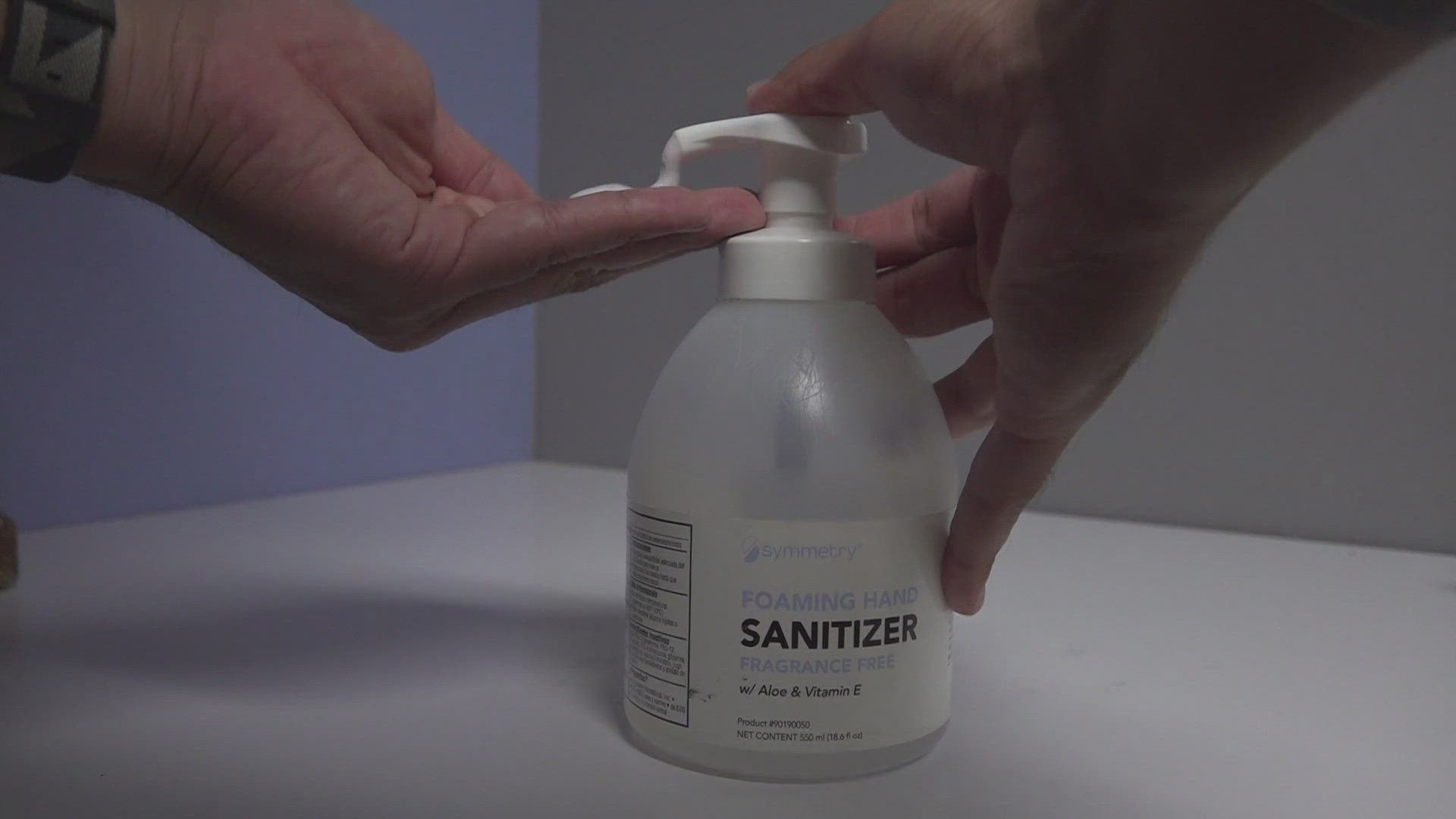Across the nation, COVID-19 numbers are once again beginning to rise.
According to local medical officials in both Midland and Ector County, the numbers are ticking upwards in the Permian Basin as well.
Part of the rising numbers can be attributed to the "summer spike" that happens every summer. When the temperature rises, people tend to stay inside more often. When within such close proximity, the chance to get sick naturally trends upwards.
Even though the number of people getting sick are trending upwards, however, it doesn't mean people are getting the virus as severely as they were in 2020.
“We as a general public have gotten more immune to COVID now that it's not a novel virus anymore, so there is more immunity in the community," Midland Memorial Health's Vice President and Chief Nursing Officer Dr. Kit Bredimus said. "You do see variants that may pop up that then cause high virality where it affects a lot of people, but you're not seeing as much infection sickness. So they're not getting as sick, but you can still catch it.”
The medical field have also learned a few new things about what makes COVID tick. They've even started to pick up on trends concerning when the virus will spring up.
“We learned more about the virus, more about how it spreads, more about what the symptoms are, how to test it and how to treat it," Dr. Bredimus said. "There are pre-emergent trends now that you can look at and we can see when those trends are happening, so we can get more community involvement and let people know.”
With all of this knowledge, medical officials have also picked up on better methods of how to officially track COVID numbers, such as better wastewater management.
“They'll look at hospitalizations so that number is still reported," Dr. Bredimus said. "You can still look that up on CDC and state websites to see how many people are being hospitalized with covid and flu and RSV and other respiratory viruses.”
With all of this new knowledge, less hospitalizations for COVID have been reported, meaning less stress for local hospitals.
“Now you don't see hospitalizations as much with COVID and that's a good thing because it doesn't overwhelm the healthcare system," Dr. Bredimus said. "Now it falls more into the management of flu and RSV and other respiratory viruses, of how we treat them and how we categorize them.”
For those who'd rather be safe than sorry… it’s best to remember the basics of prevention.
“If you can get vaccinated, get vaccinated. Get flu vaccines, get the RSV vaccines. If you're over 65, get an ammonia vaccine," said Carol Cates, a registered nurse and chief nursing officer with Odessa Regional Medical Center. "Those things will make you... if you get it, it's going to be a lot less severe illness, which is a really good thing and it's going to reduce your chances of getting it all together."

